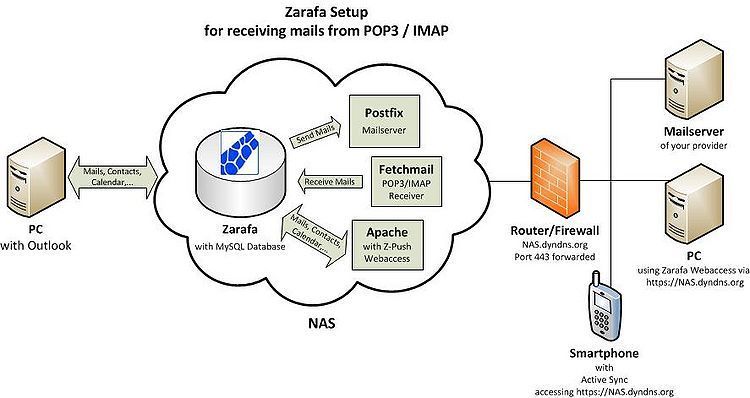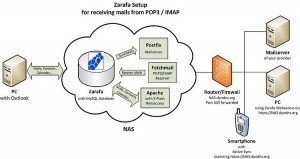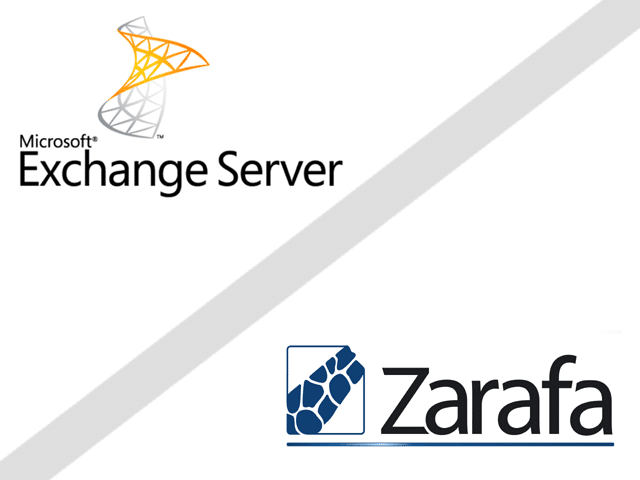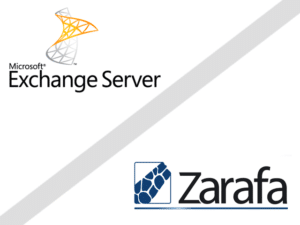
Email hosting is one of the most valuable and important resource these days, which operates email servers. There is an increase in the demand for email services because of the large number of people sending as well as receiving emails daily. Getting a hosted email solution is seen to be an important and attractive option to many companies. This is because it is one of the ways of getting new customers.
Email hosting means that the hosting company performs all the email functions for its clients. Such functions include basic functions such as sending and receiving email messages as well as complex functions such as global searching and database processing. Once a company agrees to provide a hosted email solution to its clients, it must also agree to maintain the privacy as well as the security of the client’s email accounts. The servers on which the email accounts of the clients are stored need to be reliable.
According to PCWorld, hosted email solutions provide you with extra features for your email, which are going to give your business a great boost. Such features can include IMAP support, which ensures that you can download offline email client. In addition, you have the chance of getting additional cloud storage for your email messages and get support for you custom email addresses. With email hosting services, you have access to collaboration tools that will integrate with email.
Email hosting offers premium email, which is usually at a cost compared to the free webmail or email that is advertisement supported. These services are offered at low costs. Small and medium sized companies require hosted email solutions to help them get ahead in their business. It is possible for a business to get email hosting solutions that are specific to their needs to make sure that the solutions work effectively.
Small businesses are advised to give their businesses a chance to grow before paying for any hosted email solution. This ensures that they get to pay for the email hosting services once they have several employees and are in need of the different types of features such as collaboration tools and shared calendars, which come with email hosting. This is because transition from one email hosting solution to another can be hard once your business experiences rapid growth. Contact us for more information on email hosting and to get the email hosting solutions that will suit your business best.







